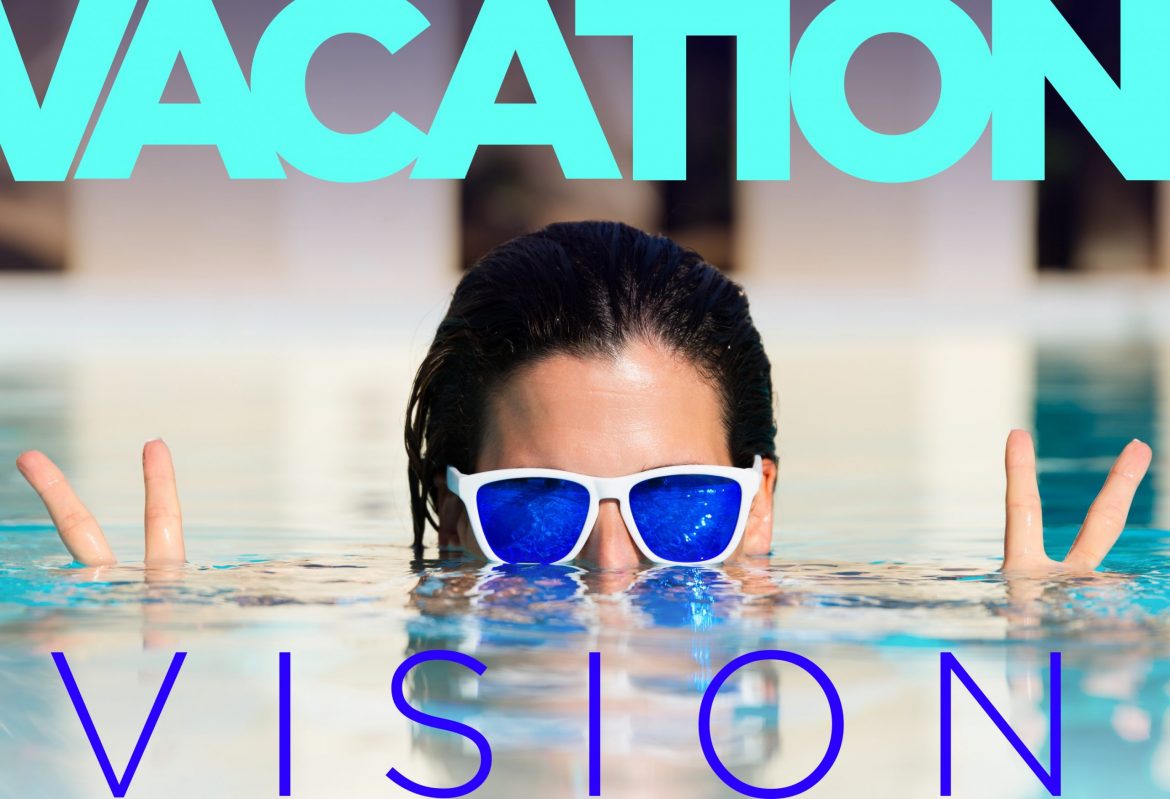![]()
You look forward to it once or twice a year: a week away from the rigorous routine of getting up early, commuting to the office and spending hours hammering at the keyboard.
Vacation time is better than any holiday on the calendar and we spend hundreds and thousands of dollars in an attempt to escape the daily grind. Most agree it’s worth every penny.
Truth is, us Americans don’t take enough vacations. When we do, we’re still working. Three in five Americans admit to doing some work while on their personal time off. There will always be a “good reason” to reply to that email or to return your coworkers call, but for the good of your health and future productivity, stop doing it and enjoy your vacation.
Whatever the destination and for however long you’re there, there is no doubt the mind and body benefit from the rest. In my case, once I switch vacation mode on, everything changes. I wear the most comfortable shoes I own, I wear clothes to relax in and I turn off all alarms.
It’s important to rest the parts of our body that we use the most for work. Hands, back, legs and feet are generally given special care while on vacation but what about our eyes?
Your eyes are by far the most overworked members of your body. How do you give them rest? It’s not like you can walk around with your eyes closed. Not to worry. Here are 5 ways you can treat your eyes to some much needed R&R.
Disconnect
This is the obvious thing to do because in so many professions you’re likely to be spending most of your workday staring at a computer monitor. This takes a huge toll on the health of our eyes and the muscles responsible for moving them around. According to the NCBI, 50% of computer users experience symptoms of Digital Eye Strain such as double vision, headaches, blurry vision and dry eyes.
It’s not realistic to leave all digital devices behind, but try to stay away from hour-long sessions on any digital device. Instead of keeping your focus on objects that are arms length away, spend most of your time setting your sights on distant objects. This will place the least amount of strain on your eye muscles.
Grab some shades

There is a really good chance that you own a set of sunglasses. Where are they? According to a study conducted by the Vision Council, only 31% of Americans say they routinely wear sunglasses when they go outside.
I don’t know about you but weather is highly influential on when and where I’m taking a vacation. Sunny skies and warm weather are my preference. If you plan on being around water, in bright and reflective environments or just behind the wheel on a long road trip, then sunglasses will be your eyes’ best friend.
Polarized lenses are especially relaxing for your eyes when you’re by water because they eliminate harsh glare. Also, keep in mind that you may be getting more UV exposure than normal. Sand on a beach can reflect back up to 15% of UV, sea foam hits you with up to 25% and snow (for winter vacations) can bounce back up to 80% of UV!
So, just as important as picking up sunblock for your skin, buy yourself a good set of sunglasses to protect your eyes. You can use a sunglasses guide to find the right shades for your needs.
Nutrition and exercise
According to a recent report from the CDC, only 23% of Americans get the recommended amount of exercise. It may be the last thing on your agenda, but doing things like going on a long walk, a light jog or even just taking time to stretch will improve blood circulation, and this is great for eye health.
When ordering your vacation meals don’t forget about the veggies. Carrots, kale, spinach, orange bell peppers and sweet potato are all packed with beta-carotene, which supports healthy eyes. You should also eat foods like salmon, tuna and tofu because they are rich in Omega-3. Studies have shown that Omega-3 helps to reduce dry eyes.
Be sure to check with your doctor before you make any dramatic changes to your diet and exercise routine.
Be aware of the climate
Elements of the climate will also play a factor in how your eyes feel during and after your vacation. If you’re going to be in a climate with low humidity you should pack some artificial tears to keep your eyes moist. If you wear contacts, some rewetting drops will keep your lenses from drying out.
I also can’t stress enough the importance of sunglasses when you’re in sunny and highly reflective environments. Photokeratitis is the inflammation of the cornea as a result of over exposure to UV light. Think of it like sunburn on your eyes. This can be very uncomfortable and in some extreme cases can lead to temporary blindness.
Sleep
Finally, sleep is a must. This is the only way your eyes and their surrounding muscles can truly relax. As long as you are awake, your eyes are working. If your agenda isn’t too full, make time for naps and don’t forget to take your contacts out. Even the most modern soft contact lens limits the amount of oxygen the eye receives.
The goal is to come back refreshed from your vacation and if you apply some of these simple tips, your eyes will feel stronger and healthier when you get back to work.
Enjoy your vacation!

